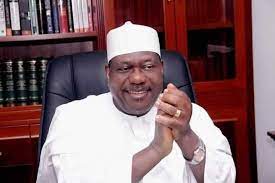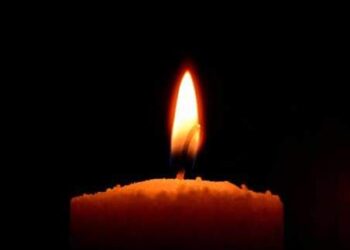For those who’ve confessed to being moderate in both adherence to religion and political ideology, commenting on a clash of two extremes is often a huge dilemma. This familiar dilemma, I experienced, in my initial hesitation to contribute to the ongoing debate over Charlie Hebdo attack in Paris, finding any attempt to be unsentimental somewhat ill-timed, and, of course, prone to misinterpretations by proponents of the two ideologically mischievous sides. But, what must be emphasised, even whereone doesn’t approve of Charlie Hebdo’s style of journalism, which has never pretended to be politically correct, is our non-approval of physical attack as response to evitable provocations.
In Charlie Hebdo’s artistic bids to be a Charlie Chaplin of journalism – to be funny and entertaining, that is – in a multicultural world, it has needled a community of right-wing and some centrist readers and followers of its publications in and outside France, stirring up reactions, with disapproving criticisms from some centrists, lawsuits from offended Christians and, from a predictable band, the extremist Muslimswhose members have been having field day, killing and destroying, in Nigeria, Iraq and Syria: death!
The defence by left-wing advocates of Free Speech, that Charlie Hebdo has every reason to express whatever it wants to unmindful of who gets hurt, is a cultural hypocrisy in a society where anti-Semitism is everyone’s watchword and for which even the grossest comedians are hardly found guilty. In 2009, the same Charlie Hebdo sacked its staff, Maurice Sinet, for mocking the planned conversion of the son of the then French President, Nicolas Sarkozy, to Judaism, teasing that such decision may only make the boy prosperous. Sinet was accused of “inciting racial hatred”, an irony by a magazine that has, without apology, depicted famous black leaders, as apes, panning also the Prophet of Islam and Jesus.
The license to hate and demonise the theological, racial, cultural and any sensitive definer of a people’s identity is not a right that should be encouraged, for this is only a pathway to approving the intellectual domination of one group by another. And how’s that different from Hitler’s hateful propaganda against the non-Aryan race. Yes, we’re abusing the meaning of Free Speech, promoting it as typically unregulated and uncensored communication and interactions in a society or among people of contrasting religious and political views and in engaging, especially, their concepts of morality. Free Speech, to me, is a right to question and interrogate for the purpose of resisting impositions by a group or highlighting its misconceptions of you, yours and even the relevant others.
But setting out to demonise the civilization, history and the very existence of a group, for what may be a fault of some renegade members, isn’t an exercise of Free Speech; it’s an ill-devised mischief that only breeds dangerous ideologies and social disorder like racism, islamophobia, antisemitism, and whatnots. We must, irrespective of our intellectual dissents and inhibitions, never allow ourselves to be hate-promoting machines of a complex society, whether open or closed!
So, why, even with the West’s continuous references to the principles of Free Speech, it was outraged in all the time black ambassadors like Barack Obama were depicted as apes? What, also, happened to Free Speech when we allied against that Belgian magazine that punned Obama as a gorilla?
Free speech isn’t a license to stereotype and justify divisive ideologies. Let’s not promote racist, islamophobic and antisemitic views in the name of this hypocritical right. What we must be up against, now and forever, is an imposition of a view, ideology or belief on a weak group by a powerful, oppressive, or privileged one. The esprit de corps of a one humanity remains: live and let live.
Sadly, France is handling its problem, united against the antagonists of its history; and in its determination to crush them, it doesn’t need any support from us. We’re not Charlie, neither are we their murderers. We’re threatened by hopelessly unruly agents of the Devil, in situation worse than the ongoing in the French capital. We are Baga, a hopeless people known only by speculative statisticians.
Charlie is an unfortunate variable of an ultra-functional society, but our dear Baga is a tragedy that only matters to the newsmen – or so it seems, or so it really seems, or so I see in our inability to be a solid fence bearing the stories of Baga, Chibok, Bama, Gwoza, Mubi, name it. May God save us from us!
Blueprint gives you the latest Nigerian news in one place. Read the news behind the news on burning National issues, Kannywood, Videos and the Military



